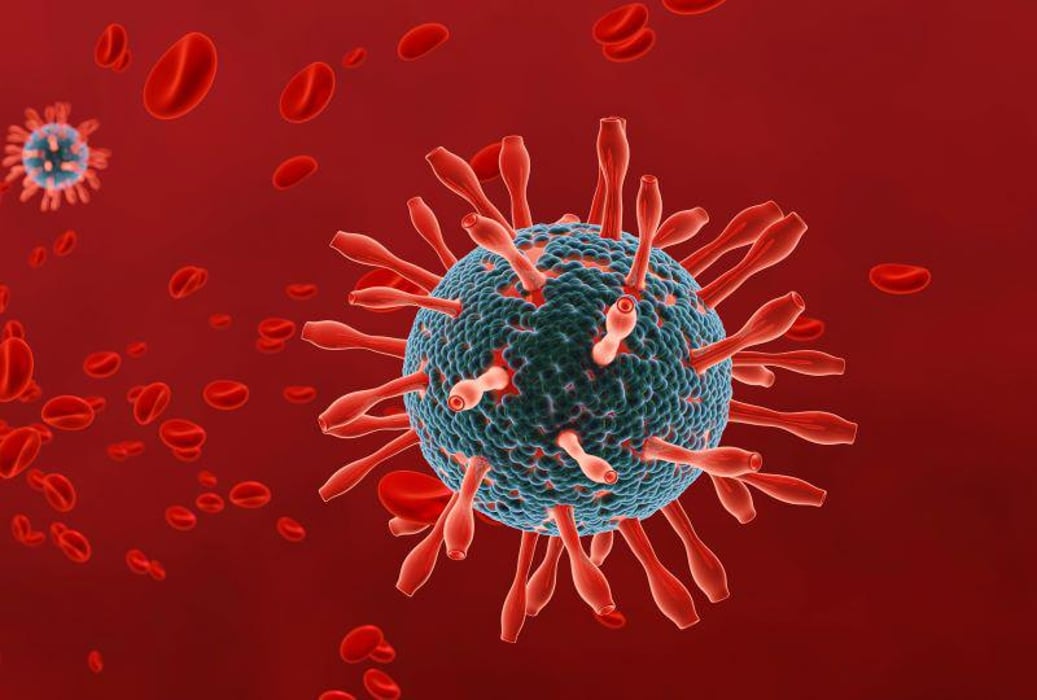New BA.2 COVID-19 Subvariant Taking Hold in United States

THURSDAY, May 5, 2022 (HealthDay News) -- Yet another subvariant of the omicron variant is spreading rapidly in the United States and is likely to become the dominant strain within weeks, experts say.
Early research suggests that BA.2.12.1 -- a subvariant of the highly contagious BA.2 subvariant -- is better able to evade the immune system than previous versions of the coronavirus, but it is not clear yet if it causes more severe illness, The New York Times reported.
In the week ending April 30, BA.2.12.1 accounted for about 36 percent of all new cases nationwide, according to data from the U.S. Centers for Disease Control and Prevention. That compares with 26 percent the week before and 16 percent during the second week in April. BA.2.12.1 was first detected in New York State in April, and it is spreading more rapidly than the first versions of omicron.
"Omicron was more transmissible than delta, which was more transmissible than alpha," Krista Queen, Ph.D., director of viral genomics and surveillance at Louisiana State University, told The Times. BA2.12.1 is following that trend, "and that's why it's taking over now, especially in the Northeast," she explained. Queen expects rising numbers of infections caused by the new subvariant to spread from the Northeast to the South then the West. "We're already seeing it here in Louisiana," she noted.
Overall, reported COVID-19 cases in the United States have risen 50 percent in the last two weeks, according to a Times database, but the actual number may be much higher because the use of at-home tests has increased and those results are often not officially reported. In the last two weeks, COVID-19 hospitalizations have climbed 18 percent and deaths have increased 17 percent.
The CDC is starting to focus on BA.2.12.1 in addition to BA.2., CDC Director Rochelle Walensky, M.D., said last week. "Epidemiologically, it doesn't appear as if we're seeing more severe disease in places that are having more cases," she said. "So we are not anticipating more severe disease from some of these subvariants, but we are actively studying it."
Related Posts
Think You’re at High Risk of Prostate Cancer? Healthy Living Can Slash Odds for Lethal Disease
MONDAY, July 11, 2022 (HealthDay News) -- Genes can put some men at heightened...
Pandemic to Endemic: Is a New Normal Near?
TUESDAY, Jan. 25, 2022 (HealthDay News) -- It has begun to feel like a pandemic...
Opioids Most Common Substance Contributing to Pediatric Poisonings
WEDNESDAY, March 8, 2023 (HealthDay News) -- Among young children, opioids are...
Celiac Disease Could Raise Heart Risks, Study Finds
TUESDAY, Jan. 31, 2023 (HealthDay News) -- People with celiac disease may be...
